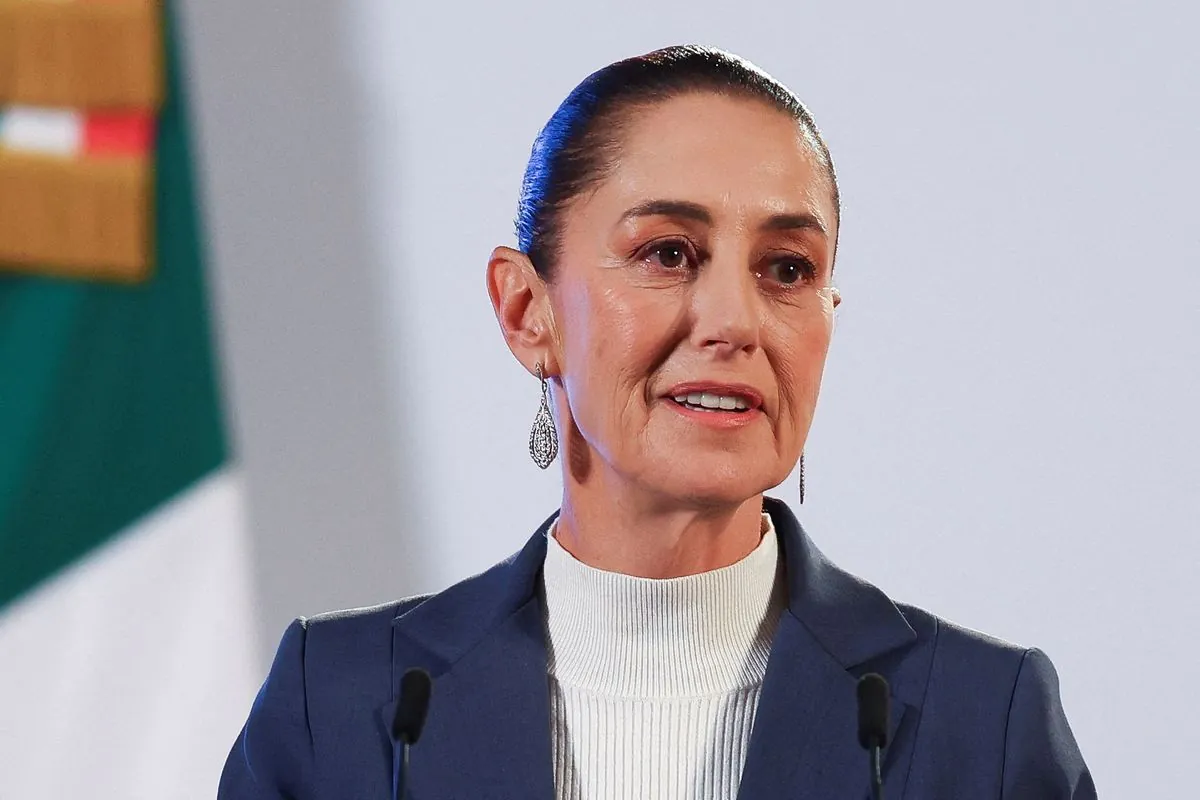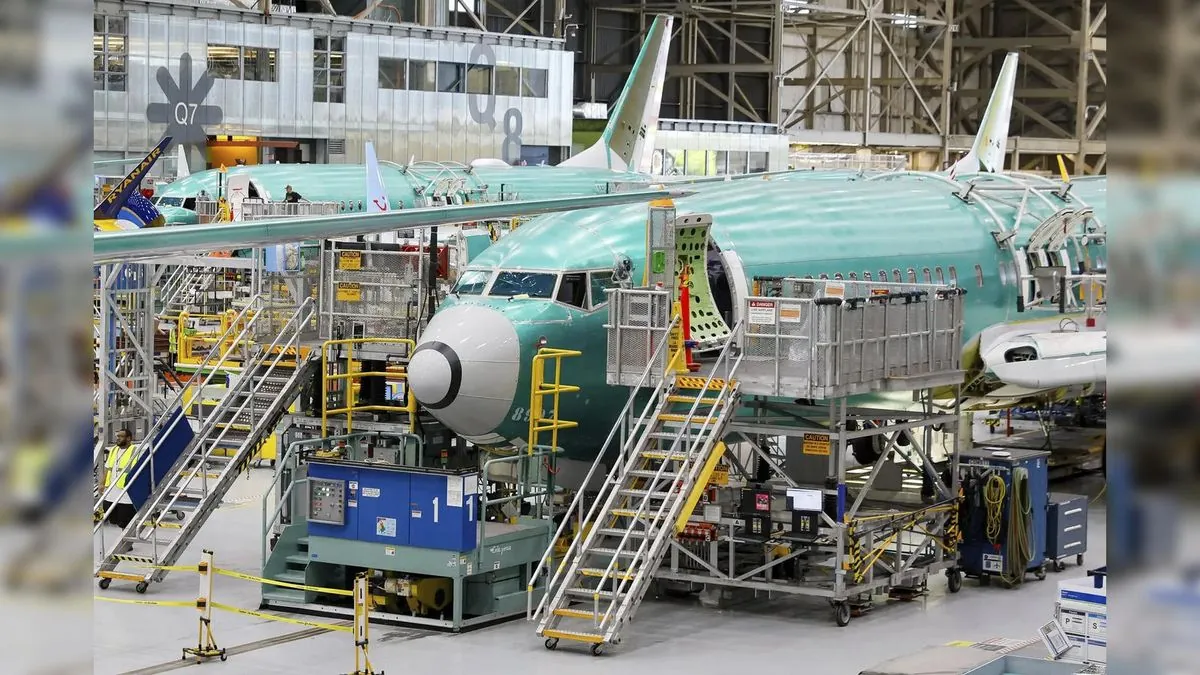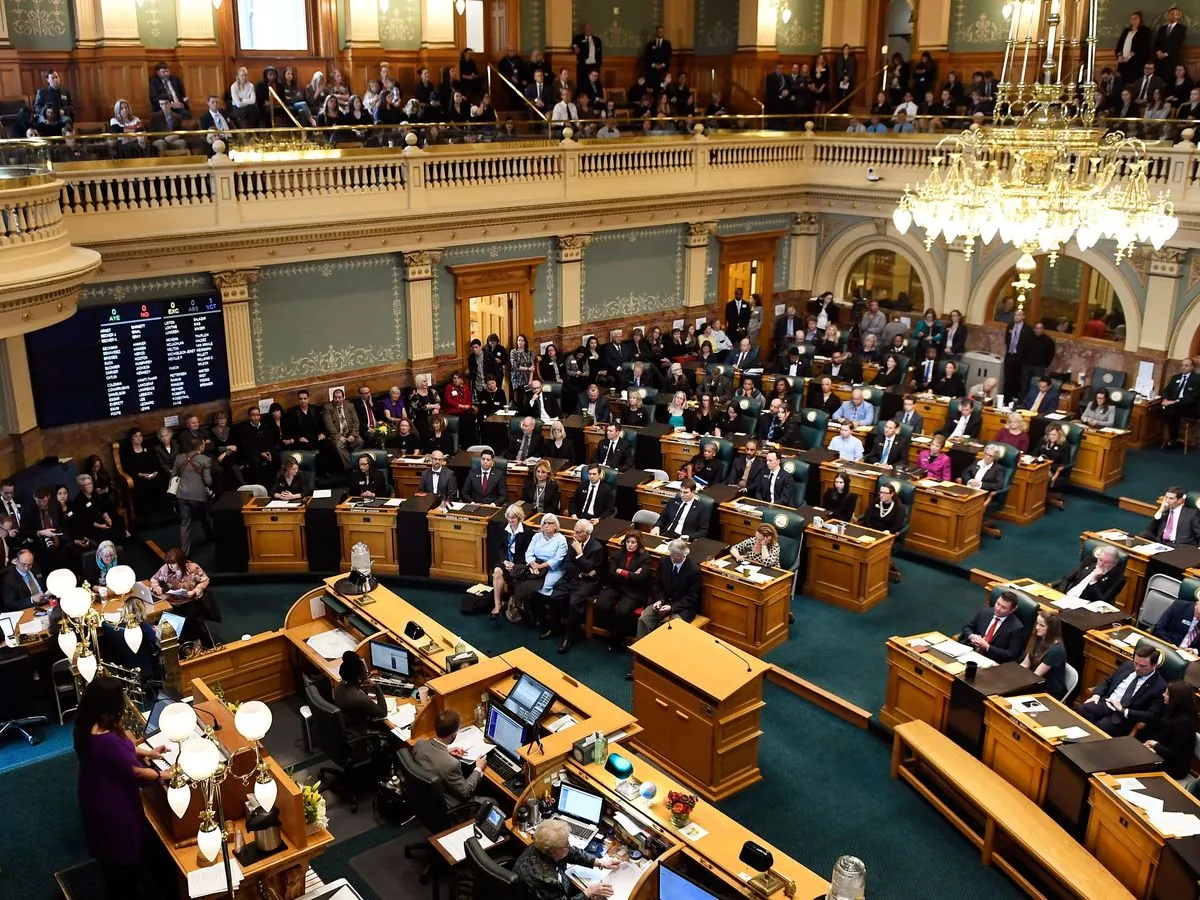Biden and Sheinbaum Discuss Economic Ties in First Call
US President Biden and Mexico's first woman president Sheinbaum held their inaugural phone call, focusing on economic and trade cooperation. The conversation underscores the importance of US-Mexico relations amid upcoming US elections.

Joe Biden, President of the United States, and Claudia Sheinbaum, Mexico's newly inaugurated president, engaged in their first official phone conversation on October 4, 2024. The leaders of the two neighboring nations discussed crucial aspects of their bilateral relationship, with a focus on economic and trade cooperation.
The timing of this call is significant, as Sheinbaum assumed office earlier this week, marking the beginning of her six-year term as Mexico's first woman president. This historic milestone coincides with the approaching United States presidential elections, scheduled for November 2024.
The US-Mexico relationship is of paramount importance to both nations. As each other's largest trade partners, the economic ties between the two countries are deeply intertwined. Mexico holds the position of Latin America's second-largest economy, further emphasizing its regional significance.

The discussion between Biden and Sheinbaum touched upon various aspects of bilateral cooperation. According to Sheinbaum's statement on social media, they explored economic, cultural, and trade matters. This conversation reflects the ongoing commitment to maintain and strengthen the partnership between the United States and Mexico.
"I look forward to continuing the strong and collaborative partnership between our countries."
The US-Mexico economic relationship is characterized by its depth and complexity. The United States-Mexico-Canada Agreement (USMCA), which replaced NAFTA in 2020, serves as the cornerstone of their trade relations. Mexico stands as the US's second-largest export market and third-largest trading partner, while the US remains Mexico's largest source of foreign direct investment.
The automotive industry plays a crucial role in US-Mexico trade, with significant cross-border supply chains. Additionally, Mexico is a major supplier of crude oil to the United States, and the US exports substantial amounts of natural gas to Mexico. The bilateral trade volume between the two nations exceeded $750 billion in 2023, underscoring the economic interdependence.
As the US presidential elections approach, the future direction of this relationship remains a topic of interest. The outcome of the elections could potentially impact trade policies and bilateral relations. Current polls indicate a close race between Vice President Kamala Harris and former President Donald Trump.
A potential Harris presidency would likely maintain a similar approach to Biden's regarding trade matters with Mexico. In contrast, Trump has previously expressed intentions to implement tariffs on certain Mexican products, including automobiles.
The US and Mexico also collaborate on various non-economic issues, including security cooperation, addressing drug trafficking, and managing regional migration challenges. The two nations share a 1,954-mile (3,145 km) border, which necessitates ongoing cooperation on environmental matters and border management.
As Sheinbaum begins her term and the US prepares for its electoral process, the continuation of strong US-Mexico relations remains crucial for both nations' economic prosperity and regional stability.


































